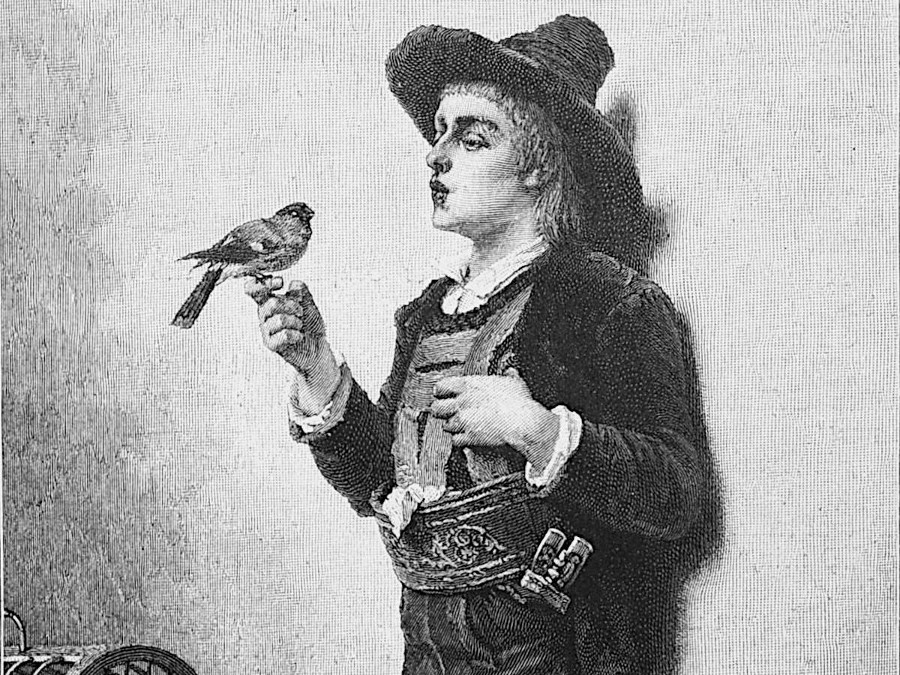Today is National Mother Language Day.
Humans have developed thousands of languages.
Many of them are spoken and written.
Some are written only, some are only spoken, some are signed with the hands, and at least a few are whistled.
Researchers say whistled languages are often used in areas that have lots of mountains or thick forests.
Some have been used at sea.
The idea is to get your message out to someone who’s relatively far away, in a space where spoken sounds might get muffled.
On mountains, you often can’t shout to other people because there’s too much echo; they won’t understand you.
But whistling works even when speech doesn’t.
And it can often travel further than spoken words.
In some cases, whistled languages is sort of like an alternative to a spoken language rather than a replacement.
Some of the sounds in the whistled language of an area are similar to the sounds in the spoken language.
These days, some whistled languages have been on the decline, because many of us can get messages to each other more quickly through technology.
But there are efforts to keep these sounds alive.
In the Canary Islands, west of Morocco, there’s a language called Silbo Gomero, where people can whistle entire sentences that sound like bird calls.
It was falling in popularity until the authorities decided that it should become part of the school curriculum.
Now young people there are connecting with their culture, and it’s a popular draw for visitors to the islands as well.
My question is: if someone reveals wrongdoing in a whistled language, what do you call them?
A group of researchers has just reported on what they say are the largest penguin species that ever lived.
Based on the 57 million year old fossil bones they found in New Zealand, they say these penguins would have weighed around 350 pounds.
Now that would be a march of the penguins.
Just Put Your Lips Together and Blow: How Whistled Languages Work (HowStuffWorks)
Nearly extinct whistling language revived (CNN via Archive.org)
The largest penguin that ever lived (University of Cambridge)
Add your voice (or your whistle) to our community of backers on Patreon
Image via Wikicommons

